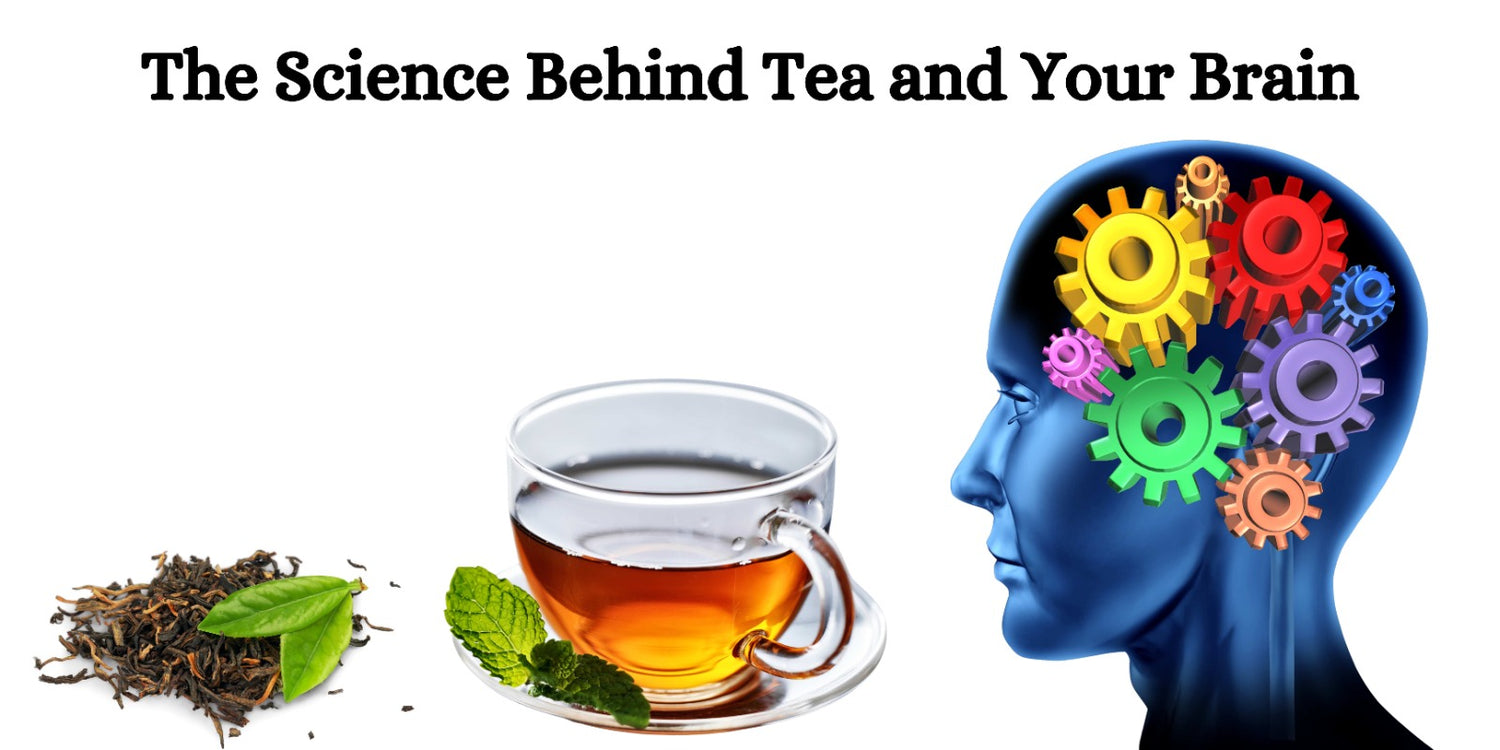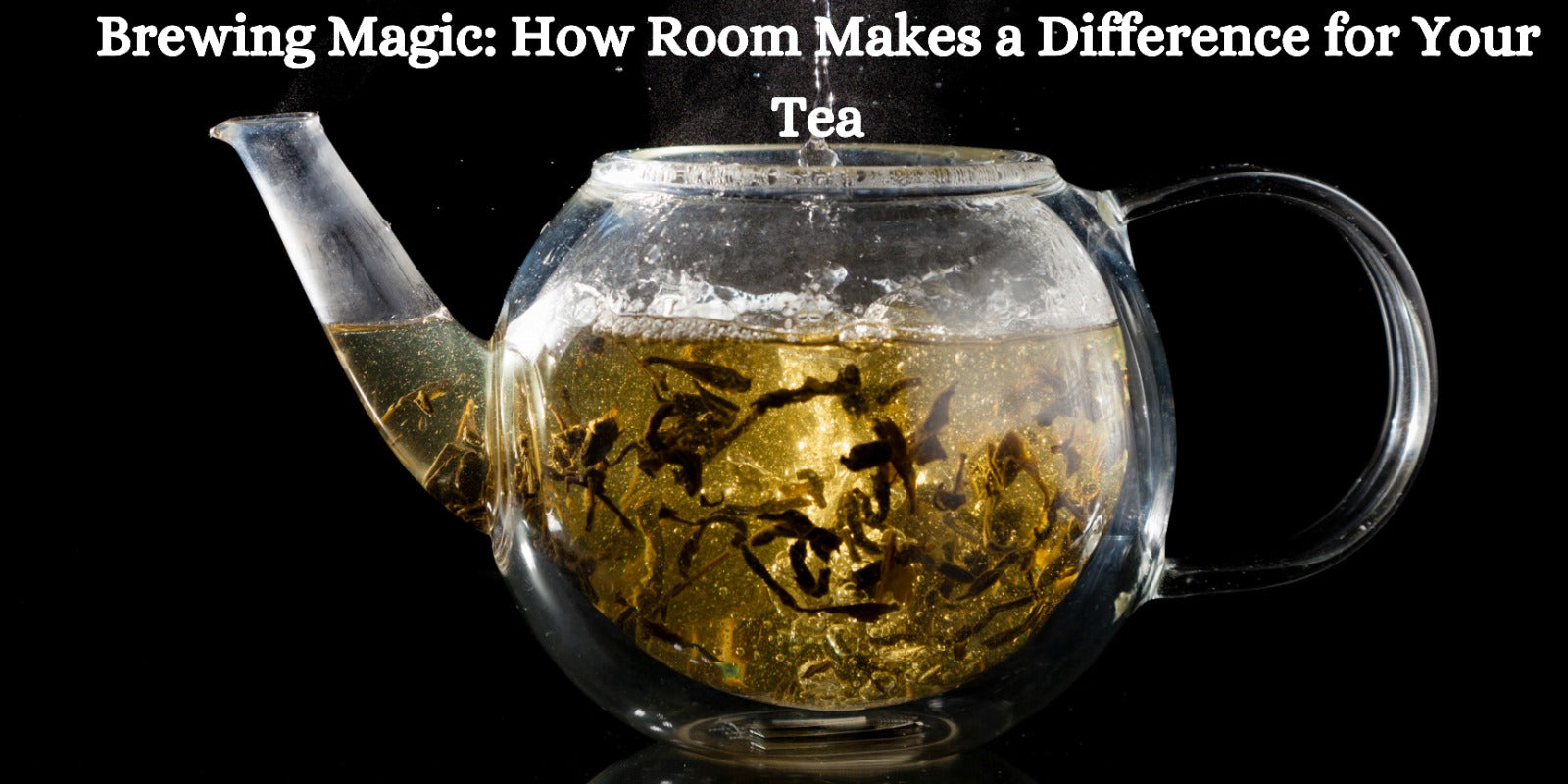From ancient origins to modern mugs, tea is a global beverage with a rich past. Beyond its delightful taste and soothing aroma, tea has been associated with numerous health benefits, particularly for the brain. Scientific research has increasingly focused on understanding how tea consumption influences brain function, cognition, and overall mental health. In this blog post, we will delve into the fascinating ways tea affects the brain, examining the evidence behind its cognitive benefits and neuroprotective properties.
The Science Behind Tea and Brain Health
Key Compounds in Tea
Tea, whether green, black, oolong, or white, contains several bioactive compounds that contribute to its health benefits. The most profound compounds are:
- Catechins: These abundant antioxidants are what give green tea its health benefits and contribute to its unique flavor profile. Epigallocatechin gallate (EGCG) is the most studied catechin, known for its powerful neuroprotective properties.
- Caffeine: A natural stimulant that enhances alertness and concentration by blocking adenosine receptors in the brain.
- L-theanine: his unique amino acid promotes a sense of calm without drowsiness, making tea the perfect way to unwind.
Studies on Tea and Brain Structure
A study by the National University of Singapore (NUS) suggests that people who regularly drink tea may have better-organized brain structures compared to those who don't drink tea. This organization is associated with healthy cognitive function and a reduced risk of age-related decline. The study, which examined neuroimaging data of 36 older adults, found that individuals who consumed green tea, oolong tea, or black tea at least four times a week for about 25 years had more efficiently interconnected brain regions.
The researchers used the analogy of a road system to explain their findings: well-organized brain connections are like well-structured roads, allowing for efficient information processing with less resource use. This improved brain organization helps prevent cognitive decline and supports better memory and thinking skills.
Cognitive Benefits of Tea
Enhanced Memory and Learning
Numerous studies have demonstrated that tea consumption can improve memory and learning. The combination of caffeine and L-theanine in tea has been shown to boost working memory and attention. In a systematic review, researchers found that green tea influences cognitive functioning by reducing anxiety, enhancing memory, and activating working memory areas in the brain.
Protection Against Cognitive Decline
Tea's neuroprotective properties can help protect against cognitive decline associated with aging. A longitudinal study led by researchers from the National University of Singapore found that daily tea consumption reduced the risk of cognitive decline in older adults by 50%. The antioxidants in tea, particularly catechins, play a crucial role in protecting brain cells from oxidative stress and inflammation, which are key factors in neurodegenerative diseases like Alzheimer's and Parkinson's.
Improved Attention and Focus
Tea is a source of caffeine, a stimulant that can improve focus and alertness. However, unlike coffee, tea provides a more balanced boost in focus due to the presence of L-theanine, a unique amino acid in tea, promotes alpha brain waves, a state linked to feeling relaxed yet mentally sharp. The combination of compounds in tea can potentially enhance attention and focus without the jittery side effects sometimes experienced with high-dose caffeine.
Mood and Stress Reduction
Calming Effects of L-theanine
L-theanine in tea has been shown to promote relaxation and reduce stress. It increases the production of gamma-aminobutyric acid (GABA), a neurotransmitter that has calming effects on the brain. This tea can help melt away anxiety and stress, leaving you feeling calm and centered. Drinking tea can be a simple and effective way to manage stress and improve mood, making it a valuable addition to daily routines.
Mood Enhancement
Tea has also been linked to improved mood and reduced symptoms of depression. The antioxidants in tea, particularly catechins, have anti-inflammatory properties that can help alleviate depressive symptoms. Additionally, the ritual of tea drinking itself can be a calming and enjoyable activity, contributing to overall emotional well-being.
Neuroprotective Effects
Prevention of Neurodegenerative Diseases
Regular tea consumption has been associated with a lower risk of developing neurodegenerative diseases such as Alzheimer's and Parkinson's. The antioxidants in tea protect brain cells from damage caused by free radicals and inflammation, which are major contributing factors to these diseases. Studies have shown that tea drinkers have a slower progression of cognitive decline and better brain health compared to non-tea drinkers.
Enhanced Brain Connectivity
The study from the National University of Singapore showed that habitual tea drinking modulates brain efficiency by improving the organization of brain networks. This efficient brain connectivity supports better cognitive functioning and may help delay the onset of neurodegenerative diseases. The researchers plan to further investigate how specific bioactive compounds in tea influence brain circuits and cognitive functions.
Practical Tips for Daily Tea Rituals
Choose High-Quality Tea
To maximize the brain benefits of tea, it is essential to choose high-quality teas. Look for reputable brands that offer pure, whole-leaf teas without additives or artificial flavors. Organic teas are a great option to avoid exposure to pesticides and other harmful chemicals.
Experiment with Different Teas
Different types of tea offer unique flavors and health benefits. Green tea is rich in catechins and is known for its potent antioxidant properties. Black tea provides a higher caffeine content, making it a good option for a morning boost. Oolong tea offers a balance between green and black tea, with a smooth flavor and numerous health benefits. Explore various teas to find the ones you enjoy the most.
Make Tea Drinking a Ritual
Make it a mindful ritual and elevate your daily routine with every soothing sip. Set aside time each day to brew and enjoy a cup of tea, whether in the morning, afternoon, or evening. The act of preparing and sipping tea can be a calming and meditative experience, enhancing its stress-reducing benefits.
Consult Your Physician
If you have any underlying health conditions or are taking medications, consult your physician before adding tea to your diet. Your doctor can provide personalized advice and ensure that tea consumption is safe for you.
Conclusion: Embrace the Brain-Boosting Benefits of Tea
Tea is more than just a delicious beverage; it is a powerful ally for brain health. From enhancing memory and attention to protecting against cognitive decline and neurodegenerative diseases, tea offers a wealth of benefits for the brain. By incorporating high-quality teas into your daily routine, you can enjoy the mental and emotional advantages of this ancient and revered drink.




